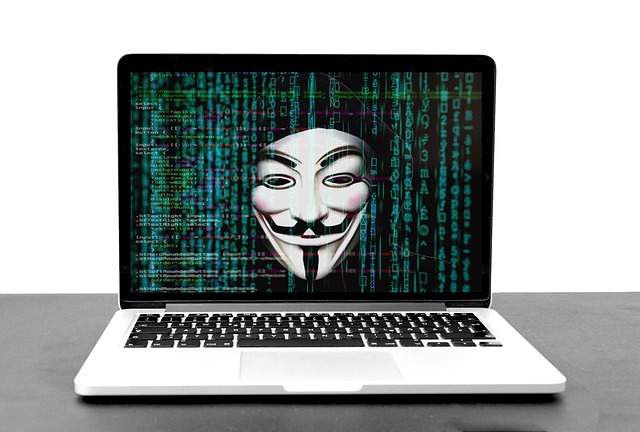The digital age has not only revolutionized the way we communicate and conduct business but has also given rise to a more pervasive and dangerous threat: hacker attacks. As technology becomes more integrated into our daily lives, understanding the implications of these attacks is crucial, especially when it comes to technology etiquette and social trends.
The Technology Etiquette: Protecting Yourself Online
In a hyper-connected world, where sharing personal information online can feel like second nature, the concept of technology etiquette is more important than ever. A simple post on social media can lead to significant breaches if the right precautions aren’t taken.
A recent surge in hacker attacks has shown that cybercriminals are not just targeting large corporations but are increasingly focusing on individuals. This shift demands that we, as users, adapt our online behaviors. Practicing good technology etiquette means taking proactive steps to protect yourself. This includes using strong, unique passwords, enabling two-factor authentication, and being mindful of the information shared online.
In a social context, it’s essential to foster a culture of awareness. Speaking openly about cybersecurity threats with friends and family can help mitigate risk. When we share our experiences or knowledge about hacker attacks, we contribute to a more security-conscious community, creating a collective shield against potential threats.
Social Trends: A Reflection of Cyber Vulnerabilities
As we become more accustomed to relying on technology for everything from communication to banking, it’s vital to understand the societal implications of these hacker attacks. Cybersecurity has shifted from a niche concern to a mainstream topic, influencing public discourse and policy. Social media platforms and forums have become channels through which news about the latest cyber threats spreads, making individuals more aware of their vulnerability.
The rise in hacker attacks has led to a heightened demand for cybersecurity education. Many people are now seeking to understand not just how to protect themselves, but also how these attacks can influence wider societal structures, from businesses enduring financial losses to individuals facing identity theft. This growing awareness prompts a cultural shift where data protection is prioritized, integrating these considerations into everyday conversations.
Moreover, the call for better online security practices has sparked trends in digital literacy. Educational institutions are beginning to incorporate cybersecurity training into their curriculums, empowering the next generation with the knowledge needed to navigate an increasingly complex digital landscape.
With hackers continuing to evolve their tactics, our collective responsibility is to stay informed and proactive. Embracing a culture of cybersecurity will not only safeguard our personal data but will also contribute to a more secure environment for us all. The interplay between technology etiquette and social trends continuously shapes our responses to the growing threat of hacker attacks in our modern society.




